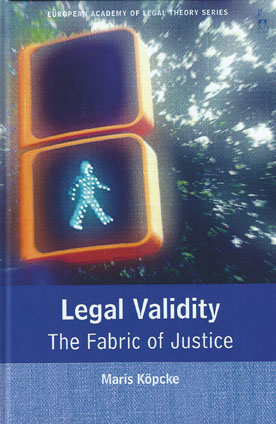
Legal reasoning settles morally pressing matters through a technique that largely bypasses open-ended moral argument. That technique makes central what certain persons validly decided in the past, for example in creating statutes, judicial resolutions, contracts, or wills.
Identifying valid decisions is a lawyerly skill and, echoing legal practice, legal philosophy has paid considerable attention to validity criteria. But it has neglected to explore validity's point: whether, and if so exactly how, the special technique of validity contributes to a legal system's ability to realise justice and human rights. Even the most sensible defences of the moral need for positive law have insufficiently probed this key step in the argument.
This book lays bare the workings of legal validity, and shows why, and within what general limits, this technique equips legal systems with privileged tools to foster human well-being. In so doing, the book explains how power-conferring norms setting out validity criteria endow agents' intentions with 'performative' effect ('I hereby...') and can secure the requirement of justice that there be widespread convergence on specific patterns of conduct shaped through a cooperative effort.
Legal meaning is accordingly systemic, resulting from the valid acts of multiple agents whose decisions can, by virtue of exercising legal power, also exercise moral power (authority).
In short, the book articulates why it is morally necessary that validity does not primarily turn on moral considerations.